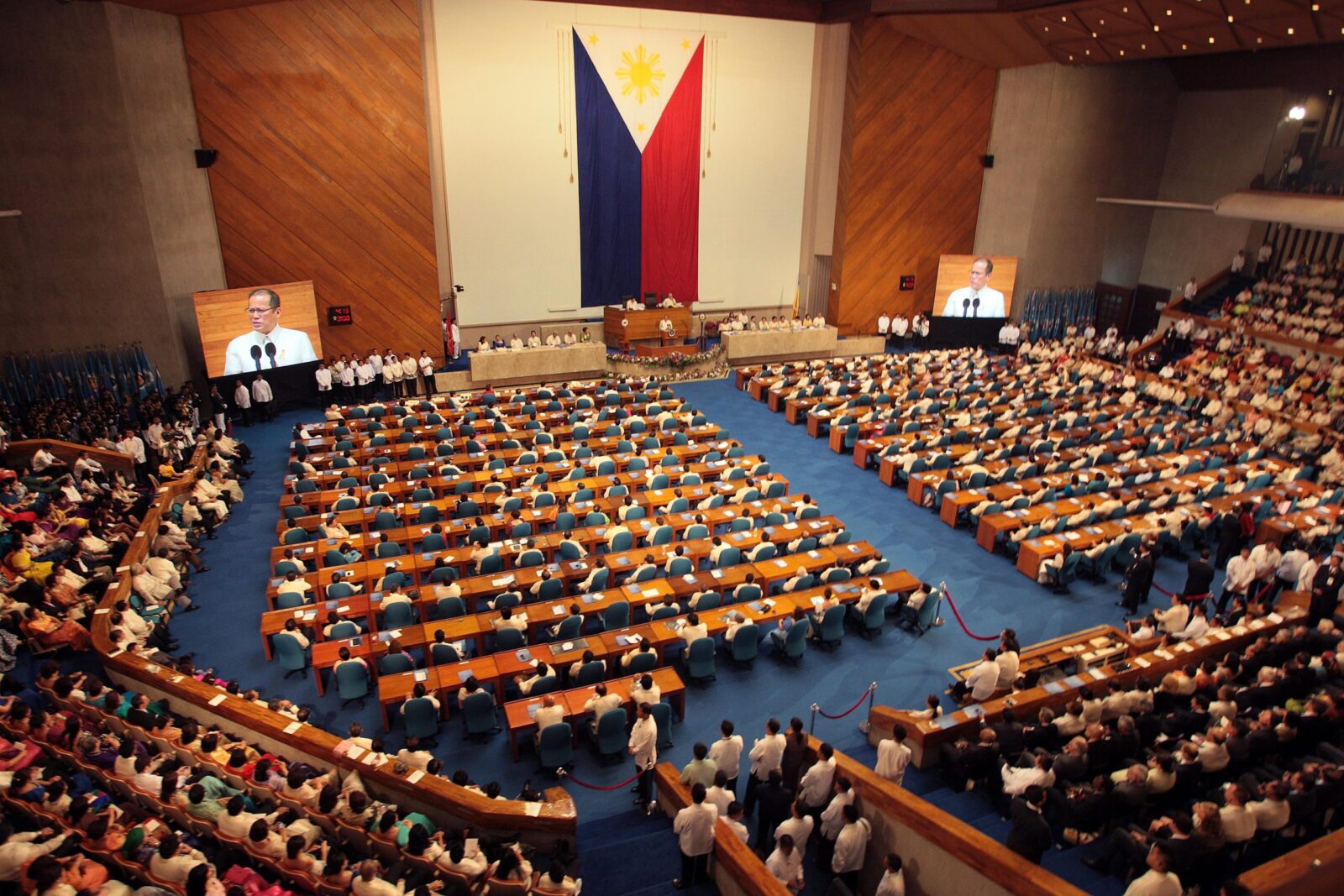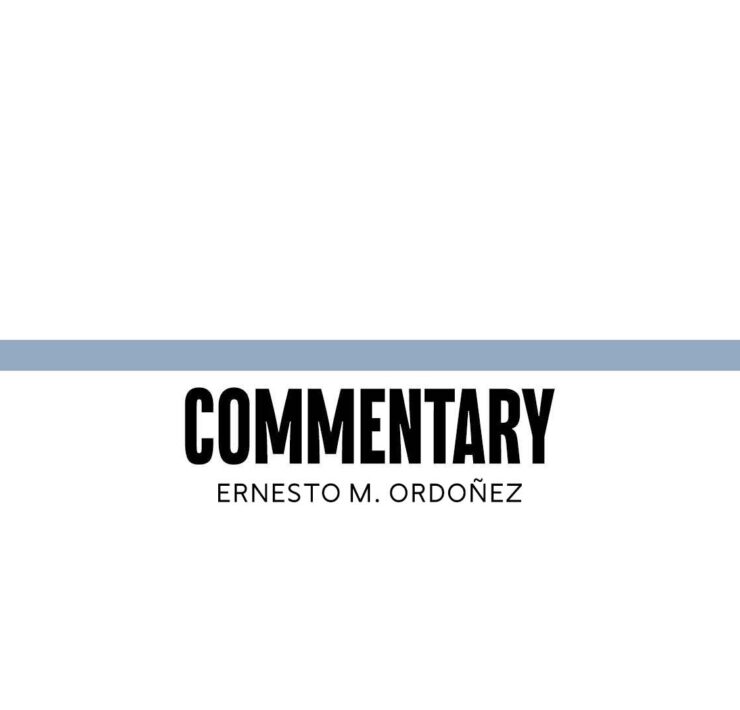A call to senators on RCEP implementation

When the Senate ratifies international trade agreements, such as the Regional Comprehensive Economic Partnership (RCEP), it could thereafter maximize the benefits of such deals by performing its oversight function.
I’m glad to note that last August 20, this was effectively done during the RCEP hearing chaired by Senate President Pro Tempore Jinggoy Estrada.
The Senate ratified our RCEP membership on Feb. 21, 2023. Prior to this, 121 organizations had signed a strong position stating that without proper preparation, RCEP would be dangerous especially for the agriculture sector.
This happened when we joined the World Trade Organization (WTO). Vietnam, which prepared well and instituted the necessary competitive measures, benefited from WTO. We did not, and we consequently suffered.
During the hearing, a leader from the Agrifisheries Alliance (AFA), who is also vice president of the United Nations Conference on Trade and Development (UNCTAD), cited the work of UNCTAD senior economist Rashmin Banga. The latter predicted difficulties for the Philippines under RCEP, contrary to the optimistic forecast of another economist referred to by the government.
It should be noted that this was the same economist who predicted we would get immediate success from WTO—and the opposite happened.
RCEP results
The Department of Trade and Industry reported results closer to Banga’s forecast. They said exports would increase from 2022 to 2023, but it actually decreased from $78.9 billion to $73.5 of billion. Instead of net foreign investment becoming better, the number went down from $12.0 million to $9.4 million for the 11 months to November period in 2023. Though there is no direct causal link, it should alert our government that there is still work to be done.
With regard to agriculture, the Senate did well in identifying conditionalities to ensure that the sector won’t become a victim to RCEP. AFA had earlier identified six conditionalities, which were eventually adopted by the Senate. Two of these were discussed during the hearing.
AFA had argued that a more expansive free trade could damage our agriculture sector unless we improved our competitiveness through proper use of the Department of Agriculture (DA) budget.
In addition, we needed effective antismuggling measures to prevent illegal imports. Simply restoring two effective committees would address these two main concerns.
On agriculture development, one third of the DA’s small budget (averaging 2 percent of the total budget, compared to Vietnam’s 6 percent and Thailand’s 4 percent) was lost to unliquidated and unexplained expenses per a Commission on Audit report, indicating massive waste and corruption. Such waste was uncovered for audit years 2020, 2021 and 2022. The good news is that private sector monitoring of the budget started in February this year. The bad news is that this happened 12 months after RCEP ratification. Precious time was already lost.
Antismuggling
United Nations Comtrade statistics showed that the difference between the amount exporters reported to us and the amount we reportedly received (a good indicator of smuggling) more than doubled from P500 billion in 2019 to P1.2 trillion in 2021.
The good news is that a public-private antismuggling committee was finally formed. The bad news is that this conditionality was not fully met. This committee is limited to only the DA participating, and therefore lacks clout. In the past, the committee was composed of various agencies in tandem with the private sector. They also had the power to report to the president. Smuggling decreased, but the committee was later abolished for having caught a “big fish.”
This lack of clout is probably why this committee could meet with the Customs Commissioner only last July 9—or one year and five months after RCEP ratification. During all this time, there was no Senate hearing on RCEP.
The 121 organizations that expressed their serious concerns on RCEP are disappointed that it has taken this long for a hearing to take place.
The Senate must now continue its critical oversight function by conducting a follow-up hearing within the next three months. This will motivate the Executive branch to take the quick action we need.
The author is Agriwatch chair, former secretary of presidential flagship programs and projects, and former undersecretary of the Department of Agriculture and the Department of Trade and Industry. Contact is agriwatch_phil@yahoo.com.




















